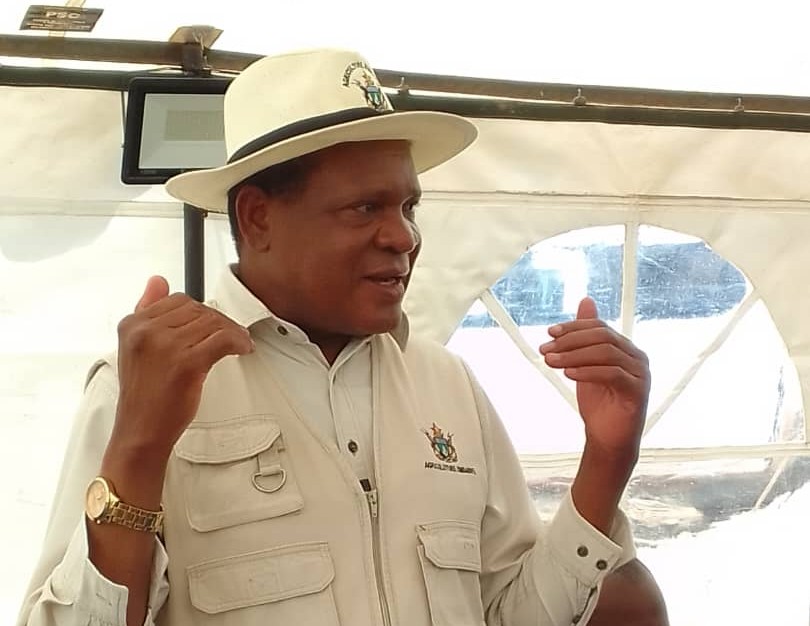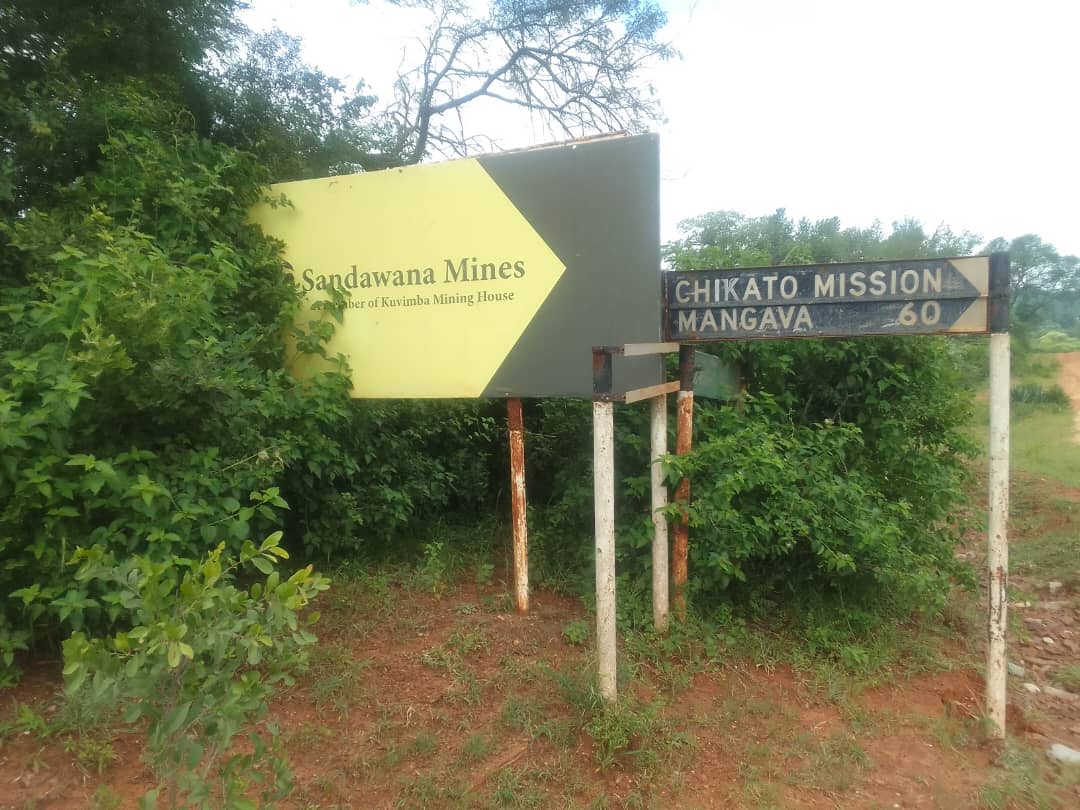Dr. Anxious Masuka, the Minister of Ministry of Lands, Agriculture, Fisheries, Water and Rural Development
Macdonald Mudzaki
CHIREDZI – Government has not disclosed information on progress regarding the proposed sugar mill in Mkwasine Estate despite mounting pressure from farmers, researchers, and industry stakeholders demanding transparency and meaningful action.
Authorities previously stated that the mill project was at ‘an advanced stage’ and had already been tendered for though no tangible development was recorded on the ground. No contractors have been deployed. No feasibility updates shared. No official timeline published. And repeated calls to the Permanent Secretary in the Ministry of Provincial Affairs and Devolution have gone unanswered.
A review of the Procurement Regulatory Authority of Zimbabwe (PRAZ) website and its e-Government Procurement (eGP) portal showed no evidence of a tender relating to the Mkwasine sugar mill. The absence of any public procurement record has further deepened public skepticism over whether the project will ever be realized.
For farmers in Mkwasine, the mill has long been touted as a game-changer and a project that could ease pressure on overburdened mills in Triangle and Hippo Valley, cut rising transport costs, and improve cane quality through quicker processing. But as silence from officials persists, many believe the project risks becoming yet another political mirage.
“There is no transparency and no engagement on progress from government offices. We don’t know who the investors are or when this mill will materialise. We are tired of empty promises,” said a farmer who requested anonymity.
At the policy level, frustration also mounts over the decades-long delay in amending the Sugar Cane Control Act of 1966, a colonial-era statute that still governs Zimbabwe’s sugar industry. Despite the rise of hundreds of smallholder outgrowers since the Land Reform Programme, the Act has not been updated to reflect the modern dynamics of the industry.
“The current regulatory environment is skewed in favour of the traditional millers,” said renowned farmer Dr. Phiri.
In its 2023 agricultural competitiveness review, the National Competitiveness Commission (NCC) warned that regulatory inertia and inadequate investment in infrastructure were stifling the sugar sector’s ability to compete regionally.
“Zimbabwe is lagging behind regional peers in processing capacity, irrigation modernization, and farmer support systems, the Mkwasine project is essential, but we need less talk and more traction.” said a recent national competitiveness commission report.
Industry insiders said though the theoretical framework for sector transformation existed, execution was missing.
At the forefront of that framework is the Zimbabwe Sugar Association Experiment Station (ZSAES) which has developed new drought-tolerant varieties, improved ratoon cycle management, and soil salinity treatments tailored for the Lowveld. But despite these advances, the station says its work is undercut by a lack of government support and access to research land.
“We have done the groundwork; the technology is there and we know what we want. What’s missing, however, is policy follow-through,” said Dr. Leo Mpofu a senior plant breeder at ZSAES.
Dr. Audrey Mabveni, who is also with ZSAES, said they were still waiting to be allocated the land that was promised to us years ago to scale adaptive trials.
“Without that land, these solutions remain stuck at pilot level. We need 300 hectares to pilot a new varieties seed programme,” said Dr. Mabveni.
The amendment of the Sugar Cane Control Act has been on the table for years, with no parliamentary movement. Likewise, the proposed Mukazi Dam, meant to stabilize irrigation for Mkwasine and surrounding estates, was first mooted over 40 years ago. It has never moved beyond the drawing board.
Meanwhile, the government has shifted attention to Nuanetsi Ranch in Mwenezi where a joint venture between the Development Trust of Zimbabwe (DTZ) and private investors is already clearing land and rolling out irrigation on 25 000 hectares using Tugwi-Mukosi Dam water.
The Nuanetsi project includes plans for a new sugar mill and fruit canning factory, one that is progressing faster than the envisaged Mkwasine project which was proposed earlier.
“There is progress at Nuanetsi but Mkwasine is being ignored. “We are not against private investment but development should be inclusive and coordinated, not selective and secretive,” said one farmer.
This article was published under the Voluntary Media Council of Zimbabwe Investigative Journalism Fund with support from the Friedrich Naumann Foundation.








